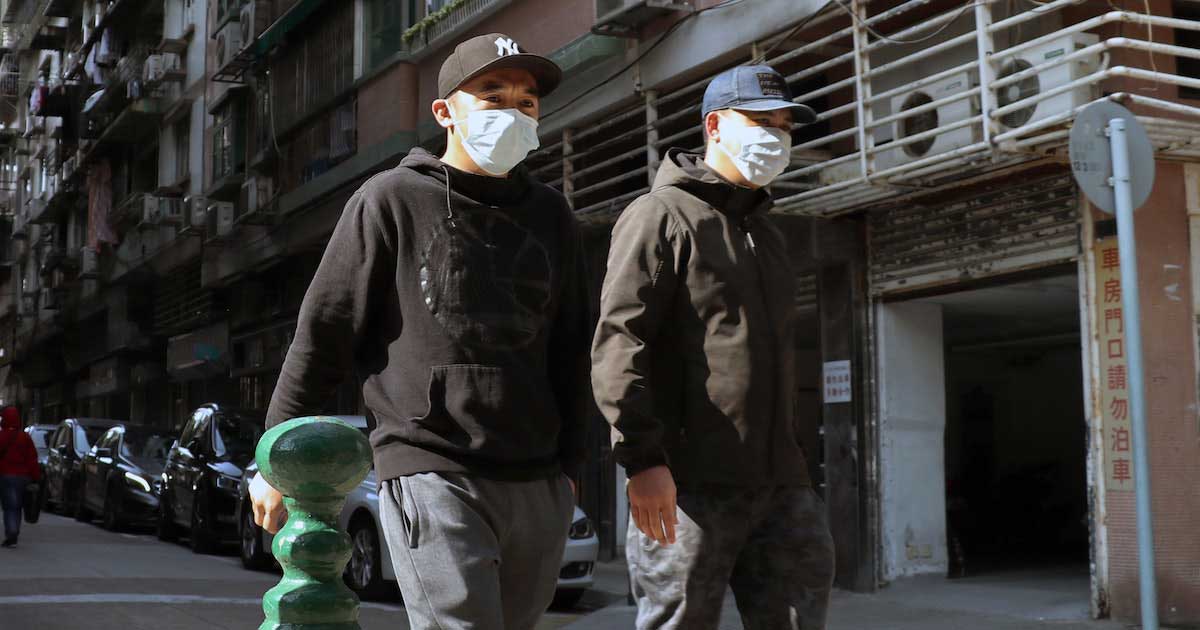Purchasing event cancellation insurance helps to protect you against financial loss due to a health crisis or disaster such as the current coronavirus. Coverage is especially important in the case of meetings and trade shows that are a revenue source for an organization, says attorney Barbara Dunn, partner at Barnes & Thornberg LLP.
"The reason the cost is high is because the coverage is that good—it really underwrites the bottom-line revenue for your meeting.”
“Many organizations don’t purchase it, despite recommendations from lawyers, because of the high premium cost,” she says. “The reason the cost is high is because the coverage is that good—it really underwrites the bottom-line revenue for your meeting.”
Dunn notes that such policies not only cover cancellation, but reduced attendance.
“Under these policies, there are a variety of covered items, including weather, destruction of the facility, the cancellation of an important speaker or if the event had to start late or finish early,” she says.
However, coverage for terrorist incidents or infectious disease is usually not included in basic premiums, but requires endorsements at added cost, Dunn says, noting that many insurers have declined to cover the coronavirus.
Tyra Hilliard (MPI North Florida Chapter), an attorney and expert on meeting risk management issues, stresses the importance of having a crisis plan in place. While many organizations have such plans, she notes that all too often they don’t specifically pertain to meetings.
“The organization’s plan usually applies to the office building where people are working every day in the same city,” she says. “Meetings happen in various cities and buildings and are a whole different situation. Unfortunately, most organizations don’t offer help to planners in formulating a plan for meetings. So the planner has to take the initiative.”
Even if the organization doesn’t provide support, there are resources that meeting planners can use in formulating a plan, Hilliard says. Along with consultation with risk management experts, she recommends visiting the U.S. Federal Emergency Management Agency (FEMA) website, which offers an emergency response plan template for events.
“It’s a good starting point and it’s publicly available,” she says.
Along with formulating a written plan that addresses issues such as emergency response and business continuity, Hilliard says it’s essential to work with hotel and security staff from the very beginning.
“You need to ask the right questions of your partners before you get on site,” she says. “This should happen at the RFP stage. Make it part of the criteria for choosing partners.”
Visit our coronavirus page for resources and the latest news.
Unsplash photo by Macau Photo Agency.



.jpg?sfvrsn=96553155_1)



